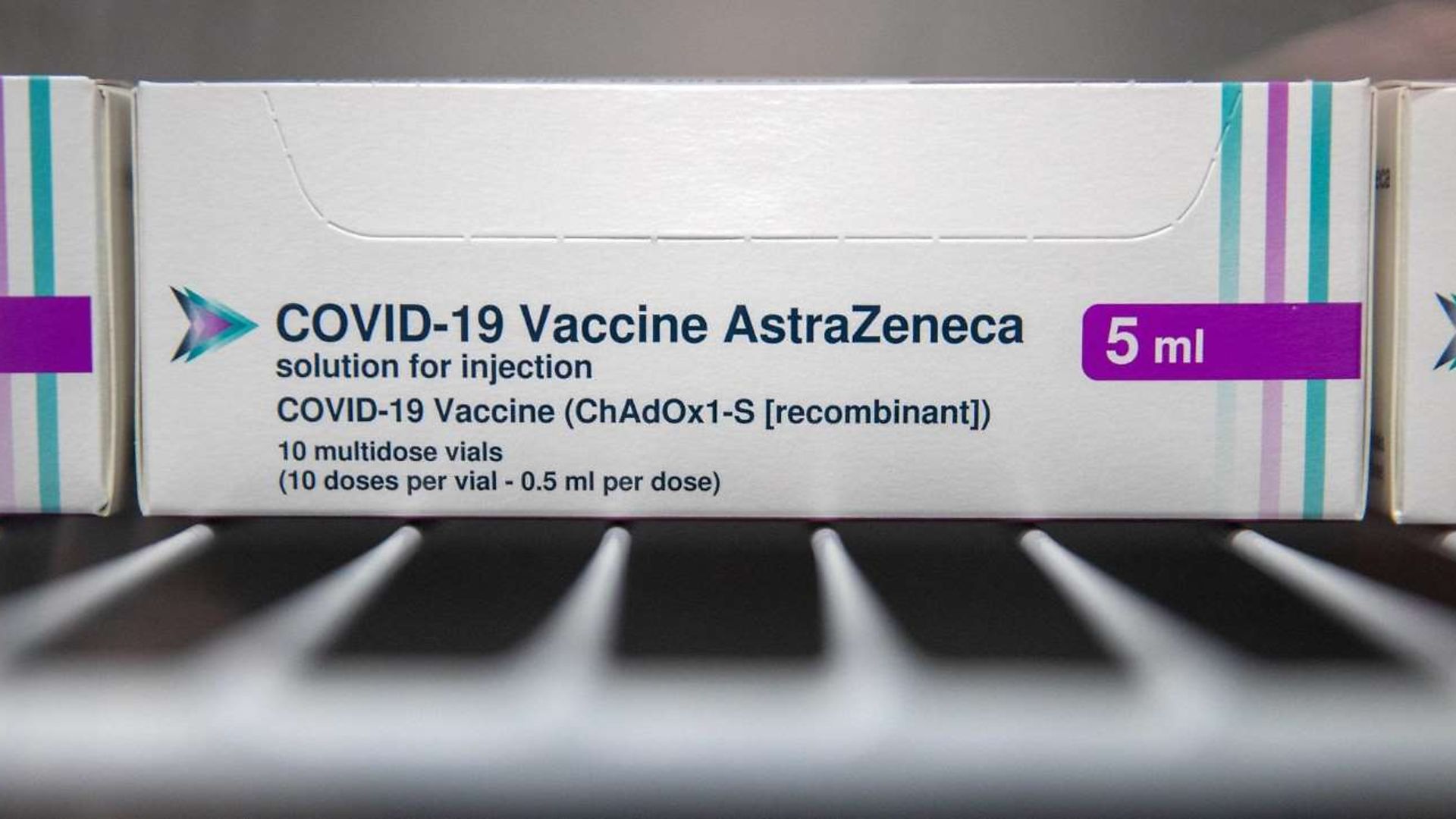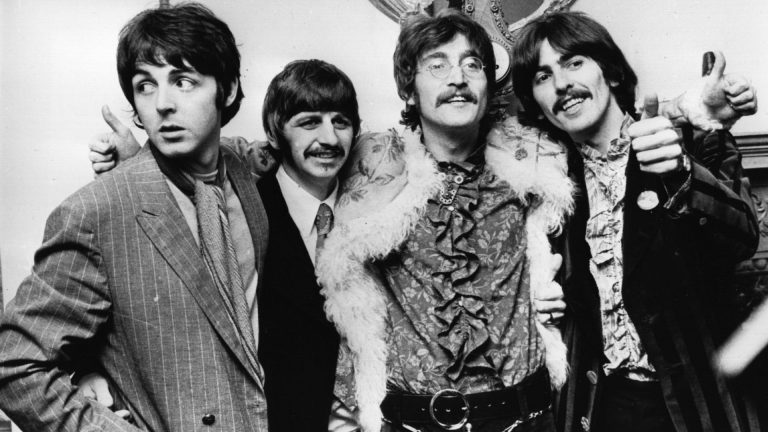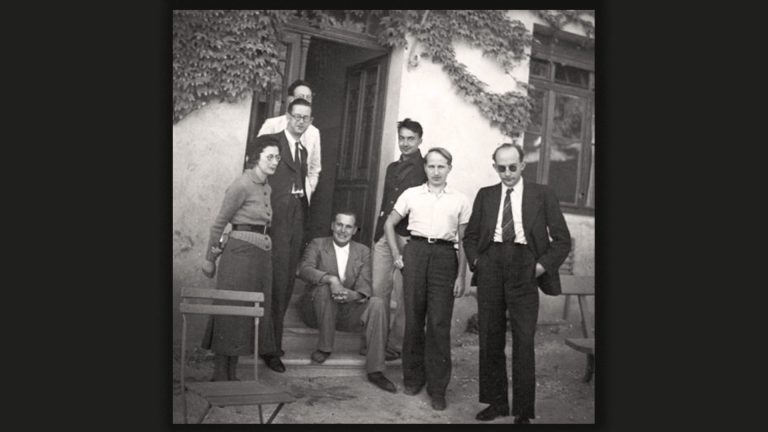
AstraZeneca chief executive Pascal Soriot has given an optimistic prediction for the UK’s coronavirus vaccine rollout as he sought to explain the problems being faced by the EU.
“By March, the UK will have vaccinated maybe 28 or 30 million people,” he said in an interview with Italian newspaper La Repubblica.
“The prime minister has a goal to vaccinate 15 million people by mid-February, and they’re already at 6.5 million. So they will get there”.
Soriot said there had been “teething issues” in the UK supply chain as well but that the deal with Britain was signed three months ahead of the EU’s.
“So with the UK we have had an extra three months to fix all the glitches we experienced,” he said.
He rejected the suggestion the firm was selling to the highest bidder “because we make no profit everywhere” under the agreement signed with Oxford University.
It comes as the European Commission last night threatened to impose controls on vaccines following criticism of a slow rollout in the EU.
European health commissioner Stella Kyriakides accused AstraZeneca, which works with Oxford University on its vaccine, of failing to give a valid explanation for failing to deliver doses to the bloc.
The Pfizer vaccine is manufactured in Europe but the bulk of the AstraZeneca jab meant for the UK is manufactured on British soil.
Boris Johnson has given his “full confidence” in the vaccine supply.
He told a Downing Street briefing: “All I would say is obviously we expect and hope that our EU friends will honour all contracts and we will continue … we fully expect that will happen … and we continue to work with friends and partners in the EU, and indeed around the world, because the delivery of the vaccine has been a multinational effort, and the delivery of the vaccine is multinational as well, because the virus knows no borders.”
Asked if he would urge the EU against controls on exports of vaccines, he added: “The creation of these vaccines has been a wonderful example of multinational cooperation and one of the lessons the world has to learn from the pandemic is to cooperate so I don’t want to see restrictions on the supply of PPE (personal protective equipment), drugs or vaccines or their ingredients across borders.”









